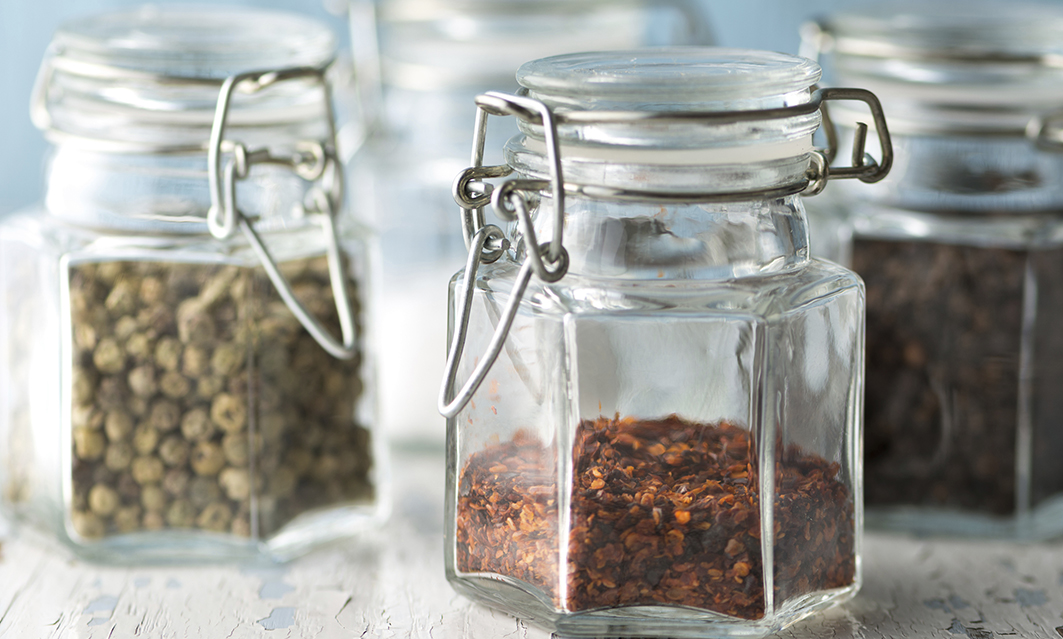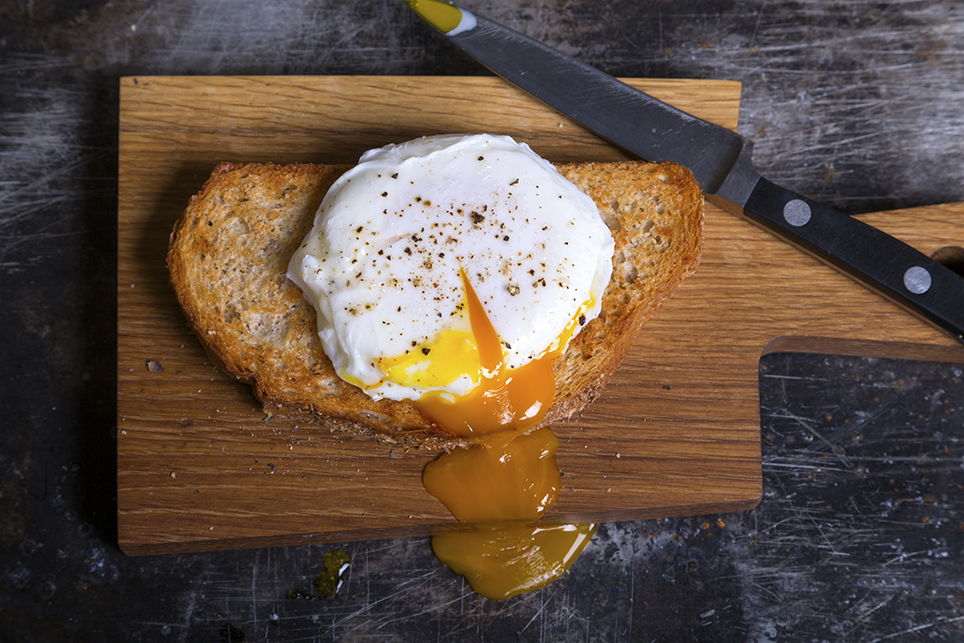Alex Rushmer’s guide to adding a pinch of salt, or a little something else, to make our food sparkle
How can I improve my cooking? It seems like a question with endless answers, each of varying complexity. I suppose you could read a few cookbooks. You might be tempted to purchase some new pots and pans with copper cores and six layers of highly heat-conductive metal. You may even feel that a whole, brand-new kitchen is what you really need in order to make your food more delicious and your dinner parties the talk of the town.
Signing up to a cookery course will almost certainly teach you some nifty tips and tricks and extend your repertoire by half a dozen dishes too, as will watching a few episodes hosted by a favourite TV chef.
None of these, though, are instant fixes and require a little time, effort and commitment. I’m talking about a way to instantly make your food and cooking taste better – something that we focus on all the time at The Hole in the Wall: the correct use of seasoning.
“It is a crucial skill that can elevate food even at the simplest level“
Learning how to properly season food is a crucial skill that can elevate food even at the simplest level. Obviously, much of what we mean when we talk about seasoning refers to salt but there are other facets to it as well, notably acid, usually in the form of vinegar or lemon juice.
When we season a dish what we are trying to do is create balance: perhaps the dish is a little bitter or not quite bright enough? Maybe it tastes a little flat and uninspiring. In many cases a pinch of salt and a dash of fresh lemon juice are enough to bring the dish out of itself and make it sing.
For me, there are two types of salt: plain old table salt which is suitable for the majority of kitchen uses and more refined sea salt which is what we refer to as a finishing salt, the best of which (in my opinion) comes from just down the road in Maldon.

Water for cooking pasta, rice, potatoes and vegetables should always be salted using table salt and in most cases should taste almost as brackish as the sea. The small particle size makes table salt ideal for seasoning a piece of meat or fish before cooking too. It adheres nicely to the meat and the tiny granular structure ensures a far more even coverage of salt meaning you are unlikely to eat a mouthful that tastes overly salty.
Whilst the attractive large crystalline structure of sea salt makes it a poor choice for seasoning prior to cooking, it is great for sprinkling over finished dishes to add a final flavoursome flourish. It sets off a well-cooked steak, poached egg or bowl of chips to perfection and a tiny pot is always within reach both at home and at the restaurant to allow guests and customers to season finished dishes.
So, the next time someone tells you they’ve got an easy way for you to improve your culinary prowess, be sure to take it with a pinch of salt.

